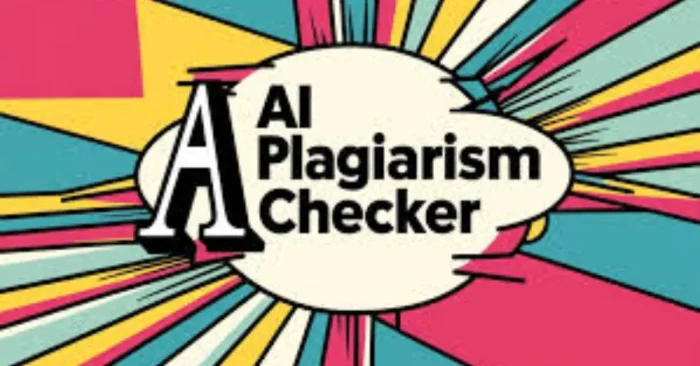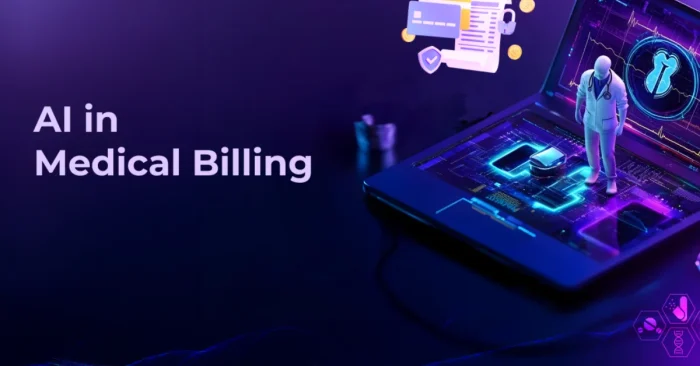Overview
AI tools for plagiarism checking help students, researchers, content creators, and businesses ensure originality and authenticity in their work. These tools scan documents against billions of online sources, academic papers, and databases to detect copied or paraphrased content. Using advanced natural language processing and machine learning, AI plagiarism checkers identify similarities, reworded text, and even hidden plagiarism. This saves time, improves credibility, and maintains academic and professional integrity. Small businesses, bloggers, and freelancers benefit from affordable solutions, while larger organizations ensure compliance and trust. AI-powered plagiarism checkers provide accuracy, reliability, and peace of mind in content creation.
1. AI in Similarity Detection
AI tools compare uploaded documents with online sources, research papers, and internal databases to detect similarities. Unlike manual checks, AI highlights exact matches and near-duplicates, making it easier for users to spot copied content. Students benefit from error-free submissions, while businesses maintain originality in blogs, articles, and reports. By identifying even small overlaps, AI ensures high accuracy in plagiarism detection.
2. AI for Paraphrase Recognition
Traditional plagiarism checkers often miss rephrased or paraphrased sentences. AI tools, however, use semantic analysis to recognize rewritten content that still carries the same meaning. This ensures originality even when content is modified. Researchers, writers, and marketers benefit from authentic work, while institutions maintain academic honesty. Paraphrase detection prevents disguised plagiarism and ensures genuine creativity.
3. AI in Academic Integrity
AI plagiarism checkers are widely used in schools, colleges, and universities to uphold academic standards. They help teachers and institutions detect copied assignments, theses, and research papers. Students also benefit by self-checking their work before submission, ensuring compliance with academic policies. By promoting originality, AI strengthens the culture of honesty and integrity in education.
4. AI for Multi-Language Detection
AI plagiarism tools can check content across multiple languages, ensuring originality on a global scale. They detect translated plagiarism by comparing meaning rather than just words. This helps international students, global businesses, and researchers working in multilingual environments. Multi-language detection ensures authenticity regardless of the language of writing.
5. AI in Content Marketing
For bloggers, marketers, and SEO professionals, AI plagiarism checkers ensure unique and authentic content that ranks higher on search engines. Duplicate content can harm SEO rankings, but AI tools help avoid such risks by detecting copied material instantly. Businesses benefit by maintaining brand reputation, audience trust, and Google compliance.
6. AI for Real-Time Checking
AI-powered plagiarism checkers provide instant results by scanning documents in real-time. Users don’t have to wait for hours to receive reports. This feature is especially helpful for writers, journalists, and businesses working under tight deadlines. Real-time detection ensures fast content approval and publishing without delays.
7. AI in Citation & Source Recognition
AI plagiarism tools not only detect copied text but also recognize missing or incorrect citations. They suggest proper referencing formats, helping students and researchers maintain credibility. This reduces accidental plagiarism and ensures compliance with academic writing standards. Businesses can also use this feature for legal documents and professional reports.
8. AI for Large-Scale Document Scanning
AI plagiarism checkers can handle bulk document scanning for enterprises, publishing houses, and universities. Instead of checking files one by one, AI automates the process, saving time and effort. Large organizations benefit from efficient and accurate plagiarism detection across thousands of documents simultaneously.
9. AI in Reporting & Analysis
AI tools provide detailed plagiarism reports with highlighted matches, similarity percentages, and source links. These reports help users understand the originality of their work and make corrections easily. Institutions and companies benefit from transparent analysis that ensures accountability and trust. Clear reporting strengthens professional and academic credibility.
10. AI for Data Security
Modern AI plagiarism tools ensure documents remain private and secure. Uploaded files are not shared or published, protecting sensitive academic and business data. This builds user trust while maintaining confidentiality. Secure plagiarism checkers are especially important for universities, businesses, and legal firms.
(FAQs)
Q1: Are AI plagiarism checkers 100% accurate?
AI tools provide highly accurate results by comparing content with vast databases, but human review may still be needed for final verification.
Q2: Can AI detect paraphrased plagiarism?
Yes. AI uses semantic and contextual analysis to detect rephrased or rewritten sentences that carry the same meaning.
Q3: Do AI plagiarism tools store my documents?
No. Trusted AI plagiarism checkers maintain data privacy and do not store or share user documents.
Learn More About AI Course https://buhave.com/courses/learn/ai/






